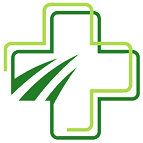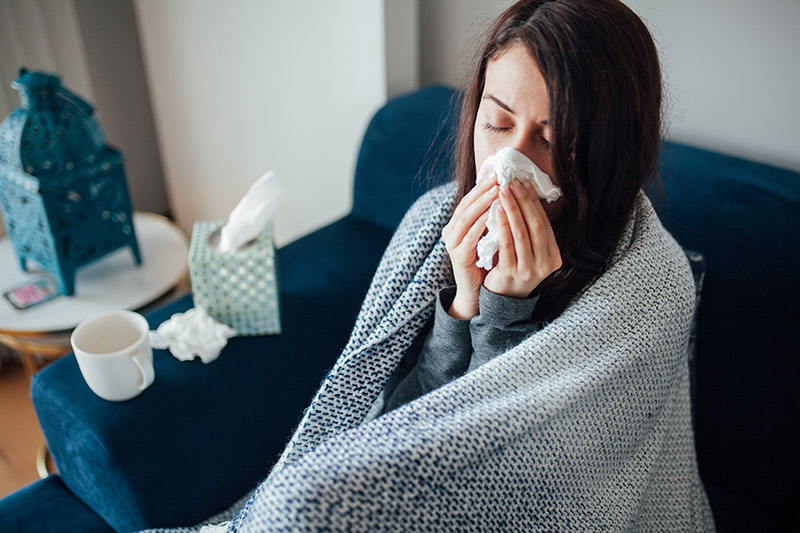In the current scenario, having cold or chest pain is one of the most horrid things. The Covid-19 scare creeps in really quick. So, how does one differentiate a common cold from a serious one? When is it time to see a doctor? We are here to tell you exactly when!
Chest colds are typically the most common type of bronchitis. They start mild and generally get cured by your body’s immunity itself in two to three weeks. They are very common, and their cause is mainly due to the temperature change. Furthermore, they are commonly caused by viruses and are mostly followed by upper respiratory infections.
The symptoms mainly include headaches, fever, chest pains, throat pain, and a stuffy and runny nose. While there is nothing to get worried about, one should visit the nearest health care center if their condition worsens. The urgent care Los Angeles provides free Covid-19 tests and has amazing facilities to knock that stress off your head.
Signs It’s Time To See A Doctor
Here are signs that it’s not just a common cold, and you should get a check-up ASAP!
Breathing issues or chest pains
Having a cold or flu does NOT make you go out of breath or difficulty breathing, or have severe chest pains. If you have any of these symptoms, then it’s time for you to consult an expert. Visit the nearest urgent health care near you and get tested. It might be a sign of something more serious like asthma, pneumonia, or diseases related to the heart.
100.7 degrees or above
If your fever lasts for more than three days, then it’s certainly something serious. Your fever should not last for more than three days. Slightly high temperatures are normal signs, but high temperatures are not the symptoms of a common cold. If your fever does not subside even after taking proper rests and slurping down chicken soups, you should visit the 24-hour health care facility and get opinions from the doctor.
Headaches and congestion worsen
Mild headaches are the most common symptoms of chest colds. If headaches become unbearable and worsen over time, it is better to get yourself checked by a doctor. Sinuses often take a toll when you experience chest colds. Take plenty of fluids and soups to calm it down. And then, if that does not work, consult a professional.
Nasal congestion is a sinus infection, which is caused by a common cold. The general symptoms are marked by excessive mucus, swollen nasal muscles, and a runny nose. Nasal congestion is also triggered by allergies. Take the necessary medications and consult a doctor if the health deteriorates further.
Throwing up frequently
We have to have plenty of water for our bodies to function correctly. If you cannot stomach any fluids without throwing up, you should see a doctor. You might have dehydration, and you need to take IV fluids to balance out the water content in your body.
Difficulty in gulping down the food
If it hurts to gulp your food down, it is not normal. Having a sore throat can cause mild discomfort in swallowing your food, but severe pain is not a good sign. It might be due to infections or any injury. You need to visit a doctor and get it treated.
Yellowish green mucus
If you have a common cold and you are coughing yellowish-green mucus, it might be a sign of underlying infection or disease. Some known conditions that cause yellow phlegm are sinusitis, bronchitis, and pneumonia. If you have been having yellowish-green phlegm for a few days, you should take that as a sign to see a doctor at your earliest.
Coughing blood
If you are coughing blood, it is absolutely a major red flag. It is a sign of a serious medical issue. A lot of factors like rupture of blood vessels in your lungs, infections, or cancer can cause blood in your cough. You have to run to your nearest urgent health care center and get tests done to identify the root cause and get the necessary medications prescribed by your doctor.
Most cases of chest colds are caused by a virus, so the antibiotics do not work. Antibiotics only help in cases of bacterial infections. Some home remedies are there that you can try before you rush to see a doctor. These remedies help you feel better, and they are:
- Have plenty of fluids
- Try deep breaths
- Use humidifier
- Stay hydrated
- Avoid dust
- Stay away from secondhand smoke exposure
Final thoughts
Be careful with over-the-counter medicines. Not all over-the-counter medications are recommended for all age groups. If the home remedies do not work, it is advisable to see a doctor. Make it an important point to ask the pharmacist about the right dose of your medications. You can take help urgent care – Los Angeles 24 hours if needed.
You can stay away from the total fuss if you take a few precautions like sanitizing your hands occasionally, taking the necessary vaccines, avoiding active and passive smoking, and always covering your nose and mouth while coughing and sneezing. Anyway, if nothing works, we always have doctors by our side. Just search for “urgent care near me”.


